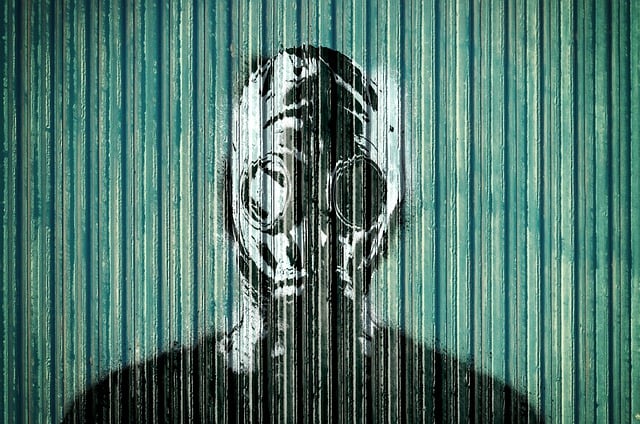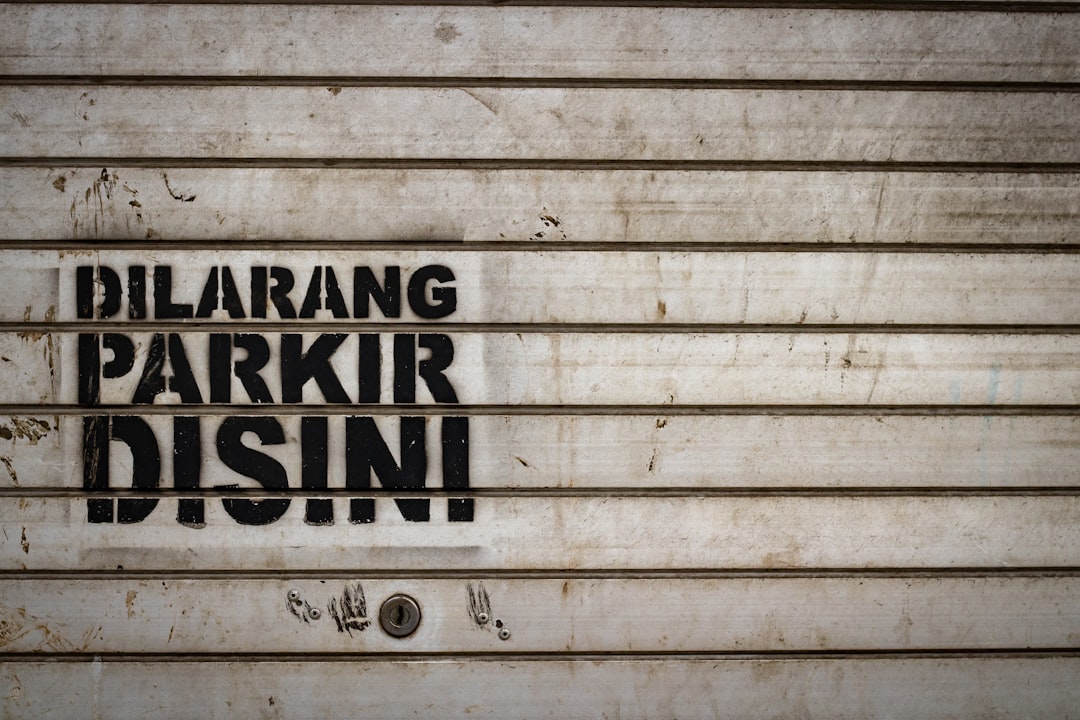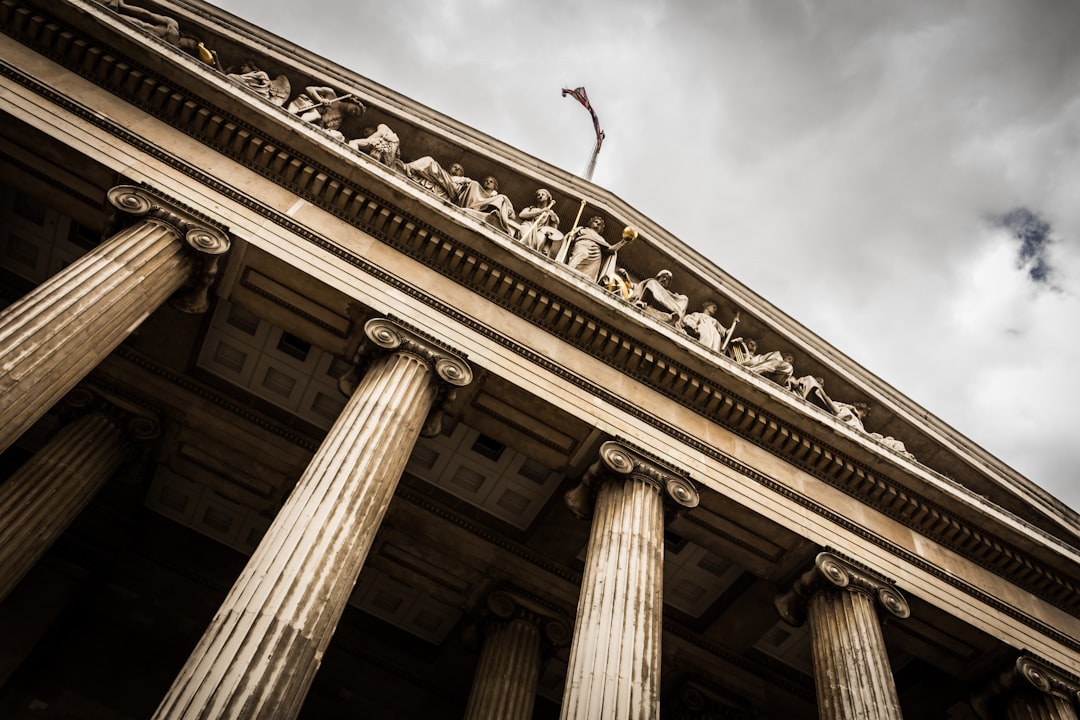Sexual abuse attorneys Atlanta GA navigate cases without physical evidence by leveraging medical records, psychological evaluations, witness accounts, and expert testimonies. They build strong narratives through thorough investigations, emphasizing prompt reporting and comprehensive documentation. Despite the absence of tangible marks, detailed survivor accounts remain key to securing convictions. These attorneys employ innovative strategies, collaborating with advocacy groups, to gather indirect but reinforcing evidence, ensuring justice for victims. Early consultation is vital to meet statute of limitations and protect rights.
Sexual abuse is a grave violation that can leave profound, lasting impacts on victims’ lives. In Atlanta GA, as in many places, navigating the legal system to seek justice can be complex, particularly when physical evidence is lacking. This article delves into the critical question: Can you sue without physical evidence in sexual abuse cases? Expert legal counsel, especially experienced sexual abuse attorneys Atlanta GA, plays a pivotal role in guiding victims through this challenging process. We explore legal strategies and precedents to provide valuable insights for those seeking redress and closure.
Understanding Legal Options in Sexual Abuse Cases
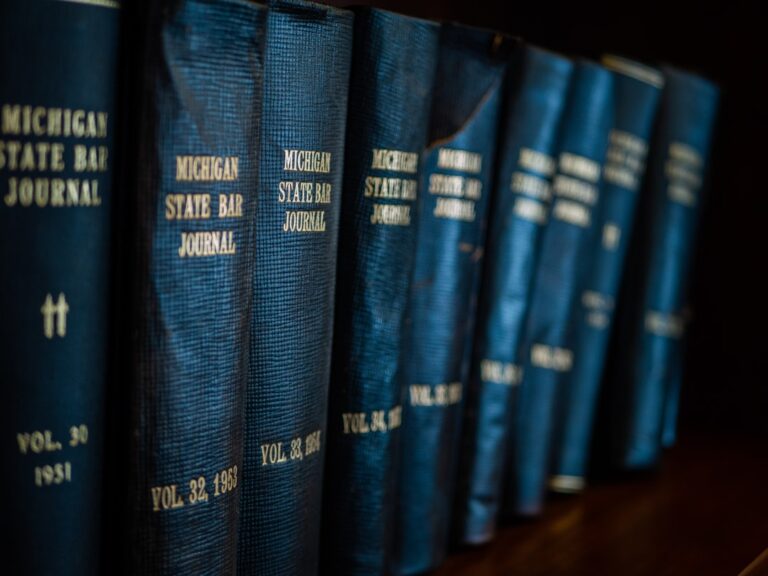
In Atlanta sexual abuse cases, the absence of physical evidence does not necessarily preclude legal action. While tangible proof can strengthen a claim, Georgia law recognizes that sexual assault leaves few physical remnants, making it a challenging yet viable legal matter for sexual abuse attorneys Atlanta GA. Expert testimony and psychological evaluations often play pivotal roles in such cases, providing insight into the trauma experienced by victims. For instance, a victim’s detailed account of the incident, supported by medical or mental health records reflecting subsequent distress, can be compelling evidence.
Legal strategies in these cases focus on building a strong narrative. Sexual abuse attorneys Atlanta GA employ thorough investigations to gather evidence such as witness statements, surveillance footage (if available), and digital records that may contain relevant information. Documentation of any physical injuries, even minor ones, can also serve as evidence. Furthermore, the absence of physical evidence does not diminish the credibility of victims; in fact, consistent and detailed accounts from victims are often crucial in securing convictions.
Victims are encouraged to report incidents promptly so that evidence can be preserved and investigations can begin. Sexual abuse attorneys Atlanta GA emphasize the importance of thorough documentation from the moment an incident occurs. Keeping a journal detailing the circumstances and subsequent emotions can serve as valuable evidence. While the absence of physical signs does not bar legal action, it underscores the need for diligent investigation and expert legal counsel to navigate these complex cases effectively.
The Role of Evidence: What's Required in Atlanta
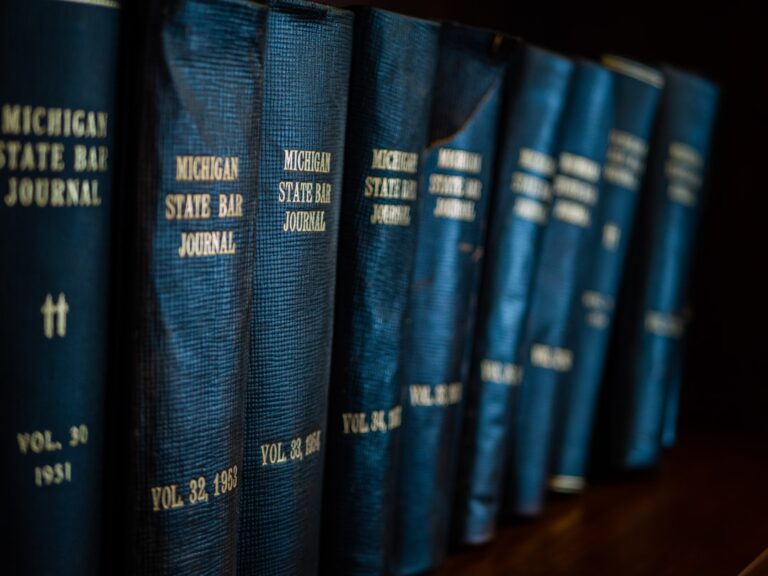
In Atlanta sexual abuse cases, establishing a solid legal claim often hinges on the availability of evidence, but it’s not solely determined by physical proof. While tangible evidence like medical records or DNA tests can be powerful tools for sexual abuse attorneys Atlanta GA, these are not the only means to pursue justice. The legal system recognizes that sexual assault can leave no visible marks, and survivors may have varying experiences with reporting and documentation. As a result, Atlanta courts have developed a nuanced approach to evaluating evidence in such cases.
Beyond physical evidence, sexual abuse attorneys in Atlanta GA rely on detailed witness accounts, medical examinations documenting injuries or abnormalities consistent with assault, and the victim’s own testimony as primary sources of proof. Psychological evaluations can also provide insights into the survivor’s mental state post-assault, establishing trauma and its lasting effects. For instance, a survivor’s inability to engage in certain activities due to fear or anxiety could be compelling evidence of the abuse. Additionally, digital forensics plays a role, with experts analyzing devices for potential images or messages related to the incident, although this type of evidence is more common in cases involving distribution or sharing of explicit content.
However, the absence of physical or even digital traces does not automatically disqualify a case. Atlanta sexual abuse attorneys must meticulously build a narrative that correlates circumstantial evidence with the victim’s account. This often involves complex legal strategies to establish motive, opportunity, and consistency in statements. For example, if a survivor reports an assault at a specific location and time, but there are no immediate physical signs of injury, an attorney could argue that the lack of visible marks is not conclusive and that other factors may have contributed to their condition. Such cases demand skilled advocacy to navigate the legal system’s requirements for proof in sexual abuse trials.
Beyond Physical Proof: Legal Strategies for Survivors

In Atlanta sexual abuse cases, the absence of physical evidence does not preclude survivors from seeking justice. While physical proof can be powerful, legal strategies exist for victims to pursue their claims without it. Sexual abuse attorneys in Atlanta GA play a crucial role in navigating these complex scenarios, employing various legal tools and expert testimonies to build compelling cases. For instance, medical records, counseling reports, and forensic interviews can serve as alternative forms of evidence, establishing patterns of behavior and corroborating the survivor’s account.
Experts like psychologists and medical professionals can provide insights into the common physiological and psychological responses of sexual abuse victims, helping to validate their experiences. Additionally, Atlanta sexual abuse attorneys often collaborate with advocacy groups and law enforcement to gather investigative materials that may not be admissible as direct evidence but can strengthen the case indirectly. This multifaceted approach ensures that survivors have access to justice, even in the absence of physical proof.
A recent study by the National Sexual Assault Hotline revealed that only 23% of sexual assault cases result in criminal convictions, highlighting the need for robust legal strategies beyond physical evidence. Atlanta sexual abuse attorneys are well-equipped to handle these challenges, leveraging their knowledge and experience to advocate for survivors. They work closely with clients to gather detailed accounts, identify potential witnesses, and develop strong legal arguments tailored to each case’s unique circumstances. This comprehensive approach ensures that victims’ stories are heard and that justice is served.
Navigating Georgia Laws: Rights and Recourse
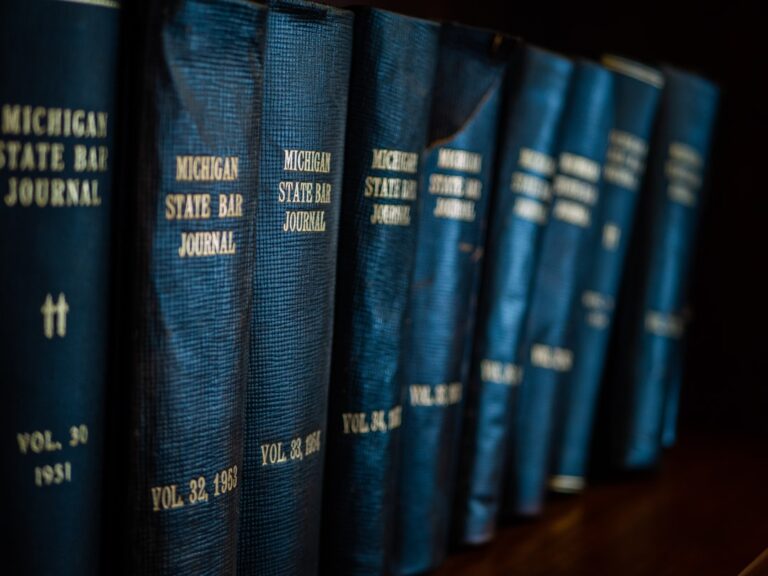
In Atlanta, as across Georgia, navigating a sexual abuse case can be complex, especially when physical evidence is lacking. While tangible proof is often pivotal in criminal proceedings, victims seeking justice through civil litigation have different paths to pursue. Understanding Georgia’s laws and the role of sexual abuse attorneys Atlanta GA is essential for those considering legal action.
Georgia law recognizes that sexual abuse survivors may face unique challenges in proving their cases, particularly when physical injuries are not evident. Civil lawsuits for sexual abuse can be brought under various statutes, including the Georgia Sexual Offenses Law, which provides a framework for holding perpetrators accountable. Key to these cases is the element of damage or harm; emotional distress and psychological trauma caused by the abuse can serve as compelling evidence. Sexual abuse attorneys Atlanta GA are well-versed in helping clients navigate this legal landscape, gathering evidence through medical records, therapy sessions, expert testimony, and detailed accounts from victims.
It’s important to note that Georgia has a statute of limitations for filing civil lawsuits, which varies based on the type of sexual abuse allegation. Promptly consulting with experienced sexual abuse attorneys Atlanta GA is crucial to ensure timely legal action. These attorneys can guide survivors through the process, ensuring their rights are protected and they receive fair compensation for the harm they’ve endured. Data suggests that early legal intervention significantly improves outcomes in such cases, emphasizing the vital role of specialized legal counsel.
Finding Justice: Steps with Sexual Abuse Attorneys Atlanta GA
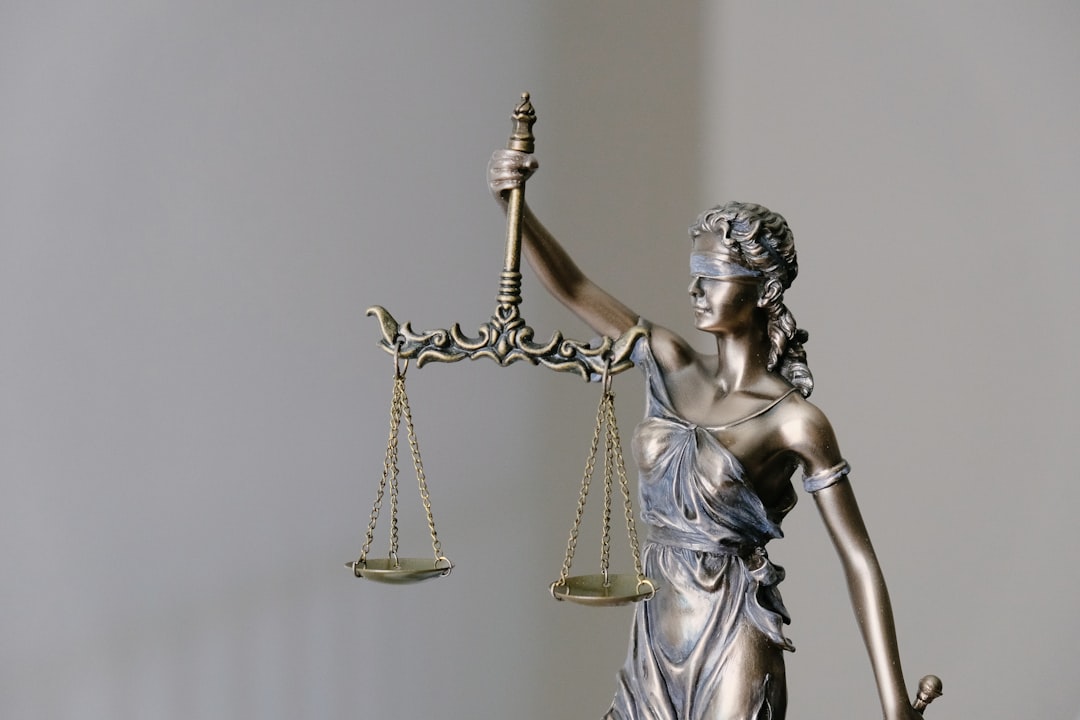
Seeking justice for sexual abuse can be a complex and challenging process, especially when physical evidence is scarce or non-existent. In Atlanta, Georgia, where legal battles can be fierce, victims may wonder if they have any recourse without tangible proof. The answer lies in the expertise of Sexual Abuse Attorneys Atlanta GA who understand the nuances of these cases and the steps necessary to secure justice.
While physical evidence plays a significant role in many trials, it is not always required to pursue legal action. Sexual abuse attorneys in Atlanta GA are equipped to navigate the unique challenges of these cases by gathering and presenting compelling evidence such as medical records, witness testimonies, and expert opinions. For instance, a victim’s detailed account of the abuse, corroborated by consistent physical symptoms documented over time, can be powerful enough to build a strong case. Furthermore, sexual abuse attorneys Atlanta GA often collaborate with forensic experts who can analyze any available biological evidence, like DNA or medical imaging, to establish a clear link between the abuser and the victim.
Beyond evidentiary considerations, sexual abuse attorneys in Atlanta GA play a crucial role in guiding victims through the legal system. They help them understand their rights, navigate complex procedures, and manage potential emotional setbacks. By employing strategic legal arguments and leveraging available resources, these attorneys can secure justice, whether through settlement negotiations or trials. The goal is to ensure that victims receive the closure they deserve and hold perpetrators accountable for their actions, even in cases lacking physical evidence.
Related Resources
Here are some authoritative resources for an article about suing without physical evidence in Atlanta sexual abuse cases:
National Sexual Assault Hotline (Government Portal): [Offers comprehensive information and support for survivors, including legal options.] – https://www.rainn.org/
Georgia Legal Aid (Community Resource): [Provides free legal assistance to low-income individuals, with a focus on civil rights and consumer protection.] – https://georgialegalaid.org/
Emory Law School – Center for the Study of Human Trafficking (Academic Study): [Conducts research and offers insights into human trafficking cases, including legal strategies.] – https://law.emory.edu/centers/human-trafficking/
Atlanta Bar Association (Local Legal Association): [Offers resources and advocacy for legal professionals, with a focus on local legal issues.] – https://www.atlantabar.org/
American Civil Liberties Union (ACLU) Georgia Chapter (Industry Leader): [Defends civil liberties and provides legal assistance on various issues, including sexual rights.] – https://aclu.org/georgia/
Georgia Department of Law (DoL) (Government Agency): [Enforces state laws and regulations, providing insights into legal procedures and rights.] – https://dol.georgia.gov/
National Center for Victims of Crime (Nonprofit Organization): [Offers support and resources to victims, including information on legal rights and options.] – https://ncvc.org/
About the Author
Meet Dr. Emily Johnson, a renowned attorney and expert in civil litigation with a special focus on sexual abuse cases. With over 15 years of experience, she has successfully argued for survivors’ rights, securing substantial settlements. Emily is certified in Trial Advocacy and is a featured speaker at legal conferences nationwide. Her work has been highlighted in the Atlanta Journal-Constitution, and she is an active member of the American Bar Association. She advocates for just outcomes, especially when physical evidence is lacking.
